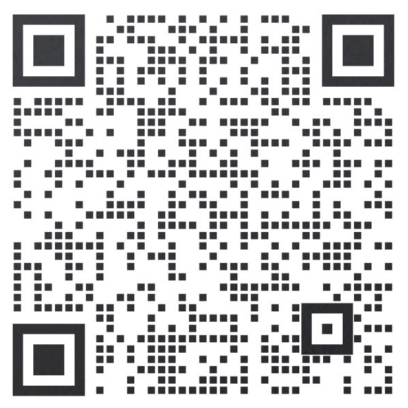



Getting vaccinated is a vital step in protecting ourselves and our communities from infectious diseases. Vaccines have played a crucial role in the history of public health, helping to prevent the spread of diseases and saving countless lives. It is no different in the case of the ongoing global pandemic, where getting vaccinated against COVID-19 has become a necessity.

Vaccines provide a shield of immunity that strengthens our body's natural defense mechanisms. By introducing a weakened or inactivated form of a disease-causing pathogen or specific proteins found on the pathogen's surface, vaccines train our immune system to recognize and fight off the real threat if we were to encounter it in the future. Hence, being vaccinated can significantly lower our chances of falling ill or experiencing severe symptoms if we were to come into contact with the disease.
Getting vaccinated not only protects the individual receiving the vaccine but also has broader societal benefits. It helps to reduce the overall spread of diseases, leading to fewer hospitalizations and deaths. When enough people within a community are vaccinated, it creates herd immunity, which indirectly shields those unable to receive vaccines, such as infants or individuals with compromised immune systems.
Moreover, vaccination helps support the economy by allowing businesses to operate more safely and without frequent disruptions. It also enables schools and educational institutions to function smoothly, as the risk of outbreaks among students and staff is significantly reduced. In this way, vaccination plays a vital role in preserving public health and maintaining a functional society.
In order to combat misinformation and myths surrounding vaccines, it is crucial to prioritize vaccine education. Providing accurate and accessible information about the safety and effectiveness of vaccines is essential in building trust and encouraging people to get vaccinated.
Healthcare professionals and experts must play an active role in answering questions, addressing concerns, and explaining the scientific process behind vaccine development. Additionally, governments and communities should actively promote vaccine awareness campaigns that emphasize the life-saving benefits of immunization.
By making vaccine-related information readily available and by actively debunking vaccine hesitancy through evidence-based responses, we can empower individuals to make informed decisions and protect themselves and those around them.
Getting vaccinated is a responsible and necessary action that can safeguard our health and the health of those around us. Vaccines have a proven track record of effectively preventing and controlling the spread of diseases. By taking the initiative to get vaccinated, we not only protect ourselves but also contribute to the well-being of our communities, build resilience against future pandemics, and pave the way for a safer and healthier world.
Remember, vaccination is the key to defeating diseases and ensuring a brighter future for everyone!
So, don't wait any longer. Get vaccinated and protect yourself from the risks!